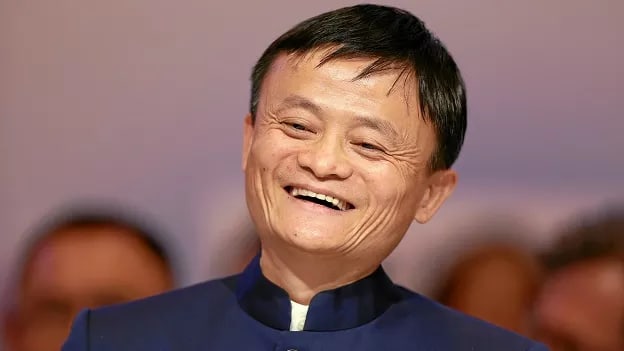3 lessons on succession planning from Jack Ma’s letter to shareholders

Chinese entrepreneur Jack Ma surprised the world this week when he announced he had decided to step down as chairman of the Alibaba, the e-commerce company he created in 1999. The tech billionaire has started the process of passing the baton to current chief executive officer Daniel Zhang, who is due to take over as chairman of the board in one year's time.
But one glance at the letter he shared with his customers, employees and shareholders, revealed how the teacher turned tech entrepreneur had been focusing on succession planning for 10 years. Here are three lessons one can learn from Jack Ma on succession planning.
Succession planning requires a plan
Putting a succession plan in place requires years of fore-thought and planning. In his letter, Jack Ma revealed that Alibaba had started thinking of a succession plan 10 years before.
“We asked ourselves this question 10 years ago – how could Alibaba achieve sustainable growth after Jack Ma leaves the company? We believed the only way to solve the problem of corporate leadership succession was to develop a system of governance based on a unique culture and mechanisms for developing consistent talent and successors. For the last 10 years, we kept working on these ingredients.”
No company can rely solely on its founders
If a company wants to be sustainable, it cannot rely solely on its founders. It has to outlast its founders and that can only be achieved by cultivating a worthy successor to take the founders’ vision forward.
“When Alibaba was founded in 1999, our goal was to build a company that could make China and the world proud and one that could cross three centuries to last 102 years. However, we all knew that no one could stay with the company for 102 years. A sustainable Alibaba would have to be built on sound governance, culture-centric philosophy, and consistency in developing talent. No company can rely solely on its founders. Of all people, I should know that. Because of physical limits on one’s ability and energy, no one can shoulder the responsibilities of chairman and CEO forever.”
Succession planning requires developing a creative solution to good governance and sustainability
An organization can only develop a successful succession plan if it cultivates the systems, the culture, and the talent to become sustainable. Relying on individuals alone won’t suffice; it is the right balance between the people, culture, and systems.
“Over the years, in iterating our management model, we have experimented with and improved on the right balance between systems and individuals. Simply relying on individuals or blindly following a system will not solve our problems. To achieve long-term sustainable growth, you need the right balance among system, people and culture.”
Ma goes on to add that since the founding of the company in 1999, the management has been of the view that Alibaba’s future will need to depend on “droves of talent” to enable them to iterate on their management succession plans. After years of hard work, today’s Alibaba has a world-class talent pool in quality and quantity.
He says, “The teacher in me feels extremely proud of our team, our leadership and our unique mission-driven culture, as well as the fact that we continue to develop exceptional business leaders and professional talent like Daniel Zhang.”
But it is the last line of the letter which hits the nail on what is the real essence of succession planning, which founders should always remember. That line aptly concludes,
“The one thing I can promise everyone is this: Alibaba was never about Jack Ma, but Jack Ma will forever belong to Alibaba.”
Image Credits: Thrive Global

















